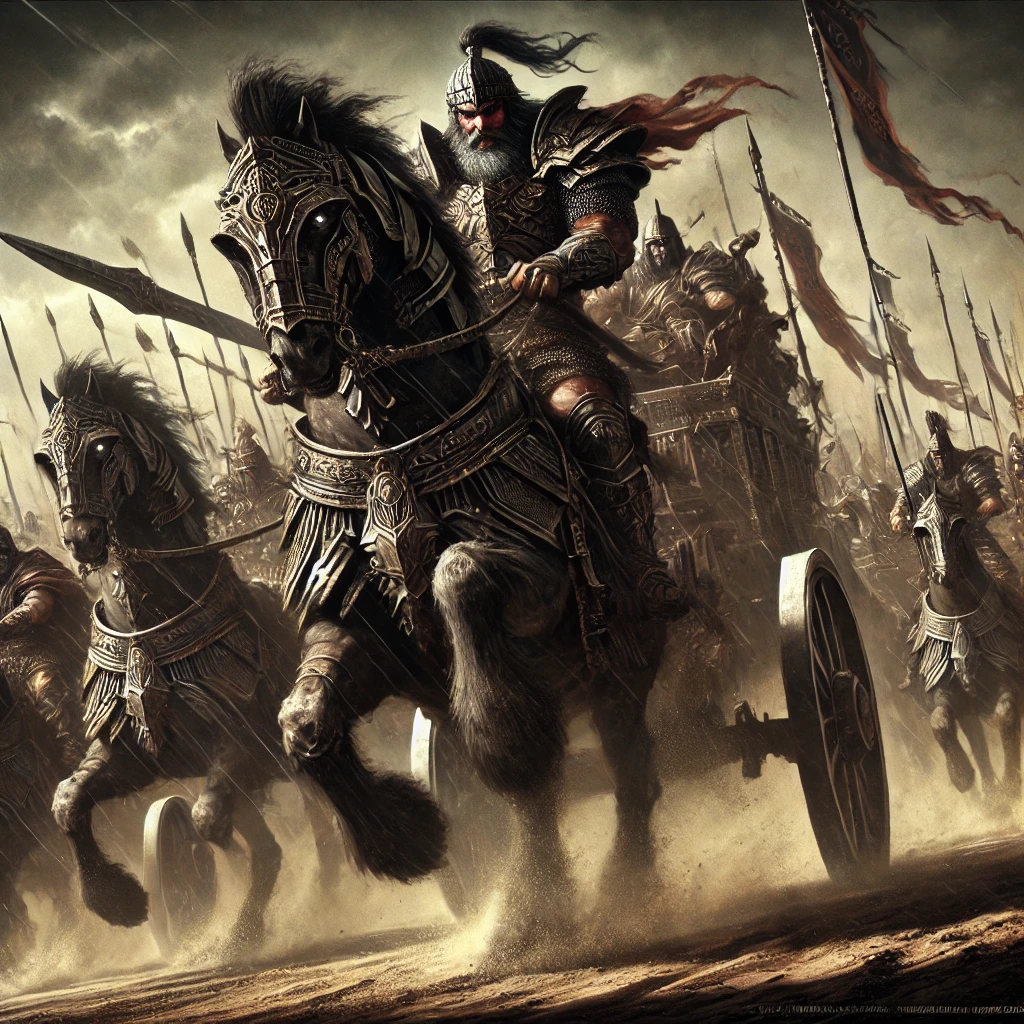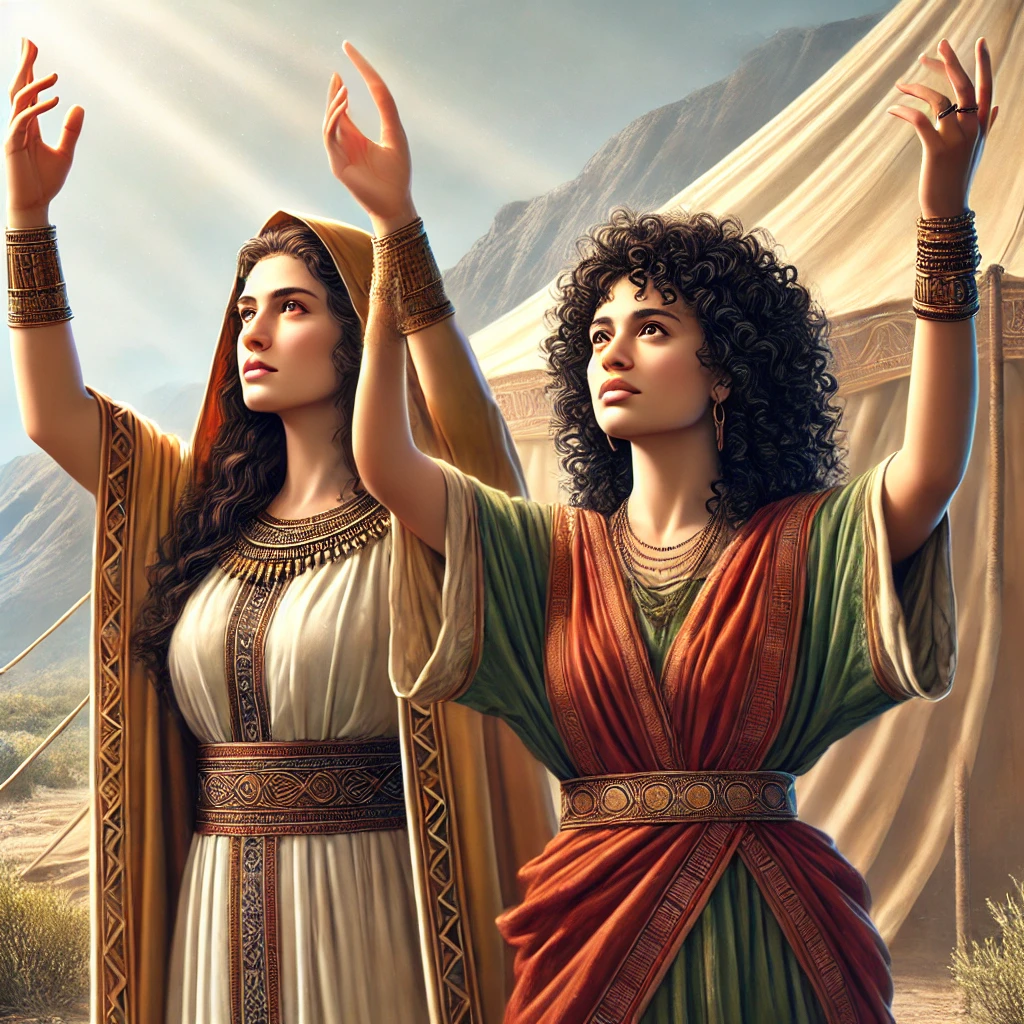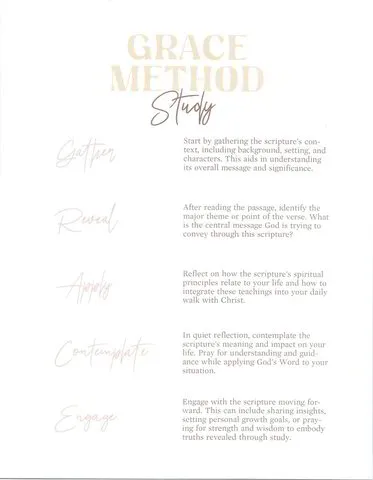The story of Deborah and Jael: Two Women, One Prophecy, and a Powerful Victory is a testament to how God can use the most unexpected people to bring about His plans. At a time when Israel faced 20 years of brutal oppression under King Jabin of Canaan, God raised up two women—Deborah, a prophetess and judge, and Jael, a seemingly ordinary woman—to deliver His people. Despite Sisera, the commander of Jabin’s army, leading a force of 900 iron chariots, it was through the bold actions of these two women that Israel found freedom. This story demonstrates how courage, obedience, and faith can turn the tide of history, reminding us that no one is too ordinary or too small for God to use in powerful ways.

Israel’s Disobedience and Jabin’s Oppression
The cycle of disobedience and repentance is a recurring theme in Israel’s history, and Judges 4 opens with a familiar pattern. After turning away from God and doing evil in His sight, the Israelites found themselves oppressed by Jabin, the king of Canaan, for 20 long years (Judges 4:1-2). Their suffering was a direct result of their failure to follow God’s commands, as they had fallen into idolatry and forsaken the covenant with the Lord their God. This oppression was severe, as Jabin’s commander, Sisera, wielded a powerful army equipped with 900 iron chariots—an overwhelming military force that crushed any hope of Israel’s resistance. The Israelites’ rebellion had led to devastating consequences, but in their distress, they finally cried out to the Lord for deliverance (Judges 4:3).
Despite their disobedience, God’s mercy was still abundant. The story of Israel’s cry for help teaches us that even in our lowest moments, when we have strayed from God, His ears are still open to our cries for repentance. In their desperation, God responded, not through a mighty warrior or king, but through Deborah, a prophetess and judge. This divine intervention reveals that God is always willing to deliver His people when they return their hearts to Him. Like Israel, we often face the consequences of our choices, yet God remains faithful, ready to rescue us when we seek Him in repentance (1 John 1:9).

Deborah: A Judge, Prophetess, and Leader in a Time of Chaos
Deborah’s leadership in the Book of Judges is both unique and inspiring. As the only female judge mentioned in Scripture, she stands out as a figure of wisdom, courage, and spiritual authority during a chaotic time in Israel’s history. When the people cried out to God for deliverance from the oppressive reign of Jabin, Deborah was serving as both a judge and a prophetess, sitting under the palm tree of Deborah, where Israelites would come to her for judgment (Judges 4:4-5). Her role as a prophetess gave her the authority to lead and the ability to speak God’s words to the people. God revealed to Deborah His plan for deliverance, instructing her to summon Barak and lead an army to confront Sisera, the commander of Jabin’s forces. This moment was a critical point for Israel. It was through Deborah’s relationship with God and her obedience to His word that Israel would experience victory.
Deborah’s faith is a powerful example of leading with wisdom and boldness in uncertain times. Even though Barak hesitated to go into battle without her presence, Deborah remained steadfast in her trust in God’s promise, boldly proclaiming, “Has not the Lord, the God of Israel, commanded you?” (Judges 4:6). Her confidence wasn’t rooted in her own strength or ability, but in her trust in God’s faithfulness. Deborah reminds us that God calls His people to step into leadership and fulfill His plans, regardless of gender or societal expectations. When we listen to God’s voice and act in courage, as Deborah did, we become vessels for His power and grace, allowing His will to be accomplished through us. This teaches us that true leadership comes from a place of faith and obedience, trusting that God’s sovereign hand is in control (Proverbs 3:5-6).

The Battle and Barak’s Reluctance
Despite his name, Barak (“Lightening”) hesitated when God commanded him to lead the Israelites into battle against Sisera’s army through Deborah. Although he had a clear word from God and Deborah’s assurance, he expressed uncertainty and refused to go to battle unless Deborah accompanied him (Judges 4:8). His reluctance showed a lack of complete trust in God’s promise. Though Barak was a capable military leader, he wanted the reassurance of Deborah’s presence—a reflection of how even the strongest among us can sometimes struggle with fear or doubt. Deborah agreed to go with him, but she prophesied that the honor of defeating Sisera would go to a woman and not him because of his hesitance. (Judges 4:9).
Despite Barak’s reluctance, God still worked through him to bring about victory for Israel. With Deborah by his side, Barak rallied the troops, and as they faced Sisera’s forces, the Lord intervened, throwing Sisera’s army into confusion (Judges 4:15). This demonstrates how God’s power is not dependent on our certainty or strength but according to His sovereign plan. Even when Barak hesitated, God remained faithful to His promise. Barak’s story reminds us that our moments of doubt do not disqualify us from being used by God. Like Barak, we may sometimes falter, but when we step forward in faith, God still works through us, showing His strength in our weakness (2 Corinthians 12:9).

Jael: The Courageous Heroine Without a Clear Word from God
Jael’s role in this story is a striking example of how God uses unexpected people to fulfill His purposes. Unlike Deborah, Jael did not receive a clear word from God or a direct command to act, yet she courageously stepped into a pivotal moment that changed the course of Israel’s history. When Sisera fled the battlefield after his defeat, he sought refuge in Jael’s tent. She welcomed him, offering hospitality and safety (Judges 4:17-18). While Sisera believed he was in a place of security, Jael knew that the opportunity to end his tyranny had come. Without hesitation, she took a tent peg and, in a decisive act of courage, drove it through Sisera’s temple while he slept, delivering the final blow that fulfilled Deborah’s prophecy (Judges 4:21).
Jael’s story teaches us that God can use anyone, even those who may not seem to have a prominent role or direct calling, to carry out His plans. Jael acted with courage, loyalty, and faithfulness, seizing the moment to deliver Israel from its oppressor. While Barak hesitated despite having a clear word from God, Jael acted without instruction, demonstrating that God often rewards courage in the face of evil. Her actions remind us that even when we don’t hear an audible call or have a clear vision of God’s plan, we can still be vessels of His Will by stepping into the moments He provides with faith. Jael’s bravery fulfilled the prophecy that “the Lord will deliver Sisera into the hands of a woman” (Judges 4:9), and it shows that God honors those who are willing to act in faith, no matter their position or circumstances (Hebrews 11:6).

Closing
The story of Deborah and Jael: Two Women, One Prophecy, and a Powerful Victory is a profound reminder of how God uses people in different roles and circumstances to fulfill His divine purposes. Deborah, the prophetess, and judge, followed God’s leading and gave a clear word for deliverance, while Jael, a seemingly ordinary woman, acted courageously without a direct command. Both women played a vital part in Israel’s victory over Sisera, showing that God honors faithfulness and boldness in the face of overwhelming odds. Their stories remind us that whether we are called to lead or to act behind the scenes, God equips and empowers us to carry out His plans (Philippians 2:13). He doesn’t look for the most obvious or powerful candidates—He looks for those with a willing heart and faithful obedience, no matter the cost.
This powerful story reminds us that God’s strength is made perfect in our weakness (2 Corinthians 12:9). Whether we feel equipped like Deborah or ordinary like Jael, God can work through us to bring about incredible victories. Societal norms, personal status, or abilities do not limit the Lord. Instead, He calls us to step out in faith and trust Him with the outcome. He doesn’t call the equipped; he equips the called. Like Deborah and Jael, we, too, can be agents of change, bringing God’s justice, mercy, and deliverance to the world around us. Let their story inspire you to live boldly for Christ, knowing that God uses even the most unlikely people to fulfill His great purposes for His kingdom. If you enjoyed this post, please comment and share below.


